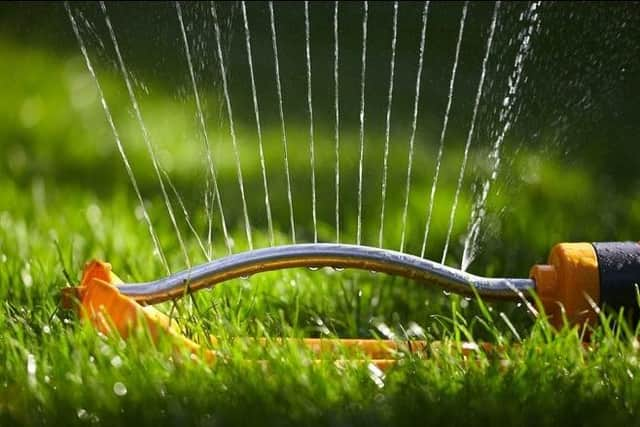Revealed: Almost one in 10 Bedford homes have no garden
and live on Freeview channel 276
Almost one in 10 Bedford homes do not have a garden or any outdoor space, new analysis shows.
Mental health charity Mind says spending time outdoors during the coronavirus crisis can be an important way to boost our mood, help manage mental health problems, and improve our physical well-being.
Advertisement
Hide AdAdvertisement
Hide AdBut Office for National Statistics figures show that many households have been living without access to gardens during the lockdown.


In Bedford, 9 per cent of households have no access to a private garden, balcony or patio – lower than the national average of 12 per cent.
The figures also reveal that the average Bedford garden is 344 square metres – bigger than the national average of 332.7.
While most people are now allowed outdoors for unlimited exercise, people who are particularly vulnerable to Covid-19 are still shielding themselves at home.
Advertisement
Hide AdAdvertisement
Hide AdThe Resolution Foundation think tank says the lockdown has “brought to the fore a whole range of housing-related inequalities”, including insecurity for renters, overcrowding, and a lack of access to gardens and green spaces.
Principal research and policy analyst Lindsay Judge said: "Post-pandemic we need to ensure that housing policy focuses on quality and security, as well as quantity.
“That should mean homes – and housing contracts – that are fit for all types of families.”
According to the ONS, black people are four times more likely than white people to not have access to even a communal outdoor area nationally – 37 per cent compared to 10 per cent.
Advertisement
Hide AdAdvertisement
Hide AdOlder people and those in managerial or other white-collar occupations are also more likely to have a garden than younger people or manual workers.
Nationally, the area with the fewest homes without gardens is South Tyneside, Tyne and Wear, where only 3 per cent of residents go without.
At the other end of the scale is City of London, where 93 per cent of properties lack outdoor space.
Even with lockdown restrictions now eased slightly, Mind says some people may find it difficult to get outside as they feel low or unmotivated, or are worried about being near other people.
Advertisement
Hide AdAdvertisement
Hide Ad“However, there are lots of ways that we can overcome these barriers,” a spokesman said.
“We can start by bringing the nature into our homes by simply sitting by an open window, taking in the sounds, smells, and views.
“Buying a plant or seeds to grow inside or in the garden can also help us become familiar with nature.”